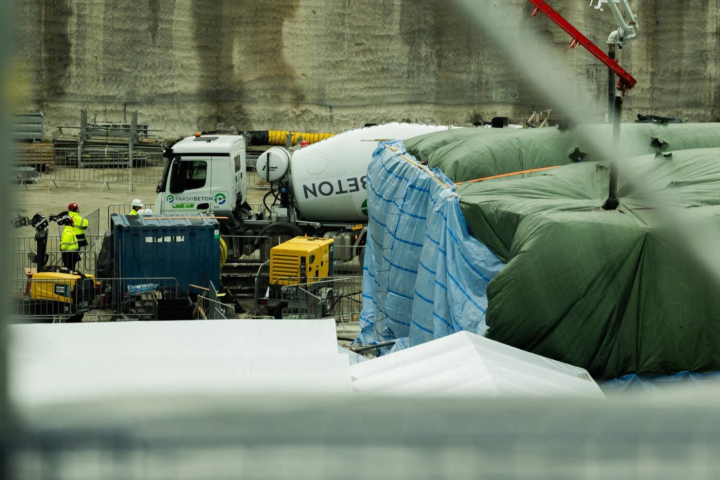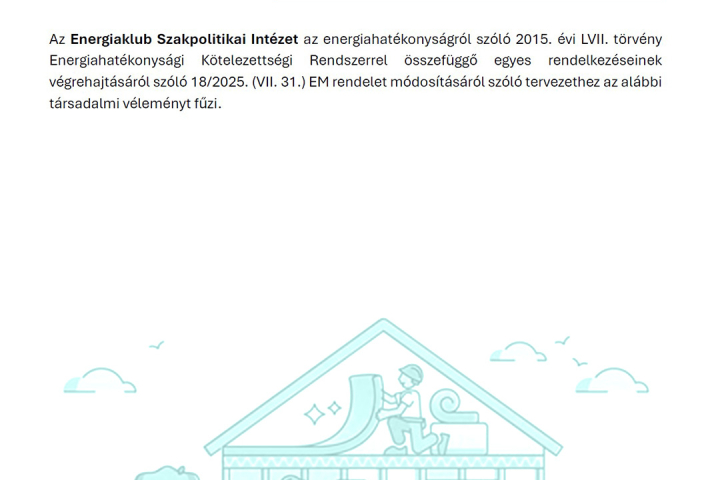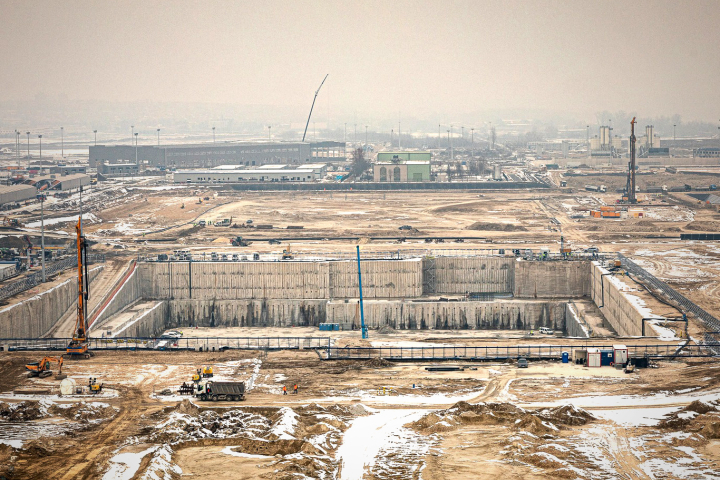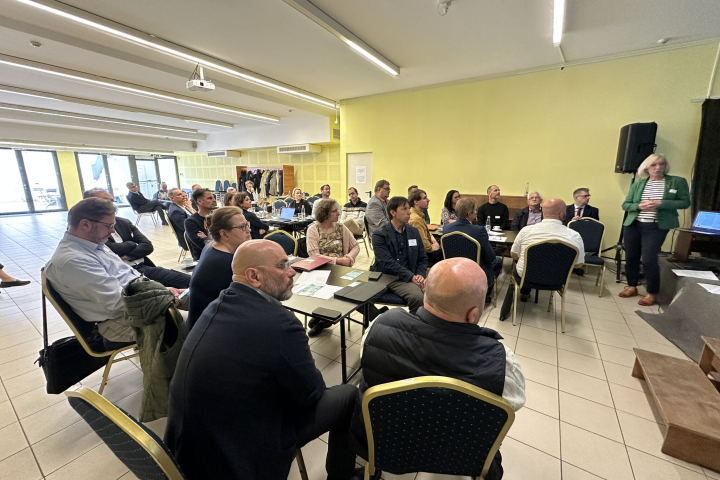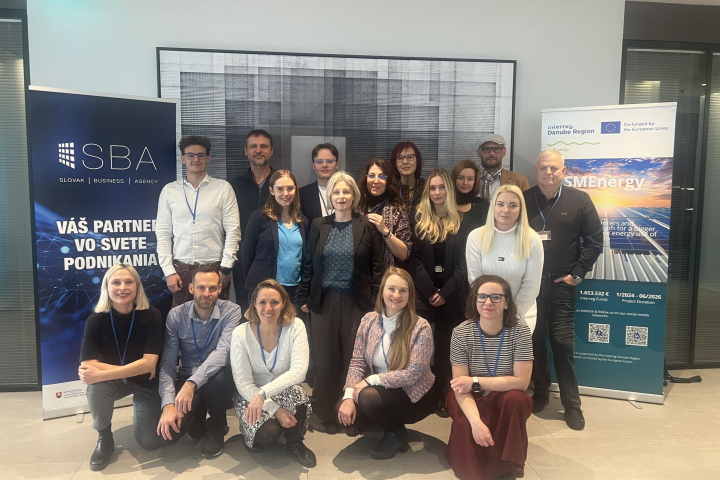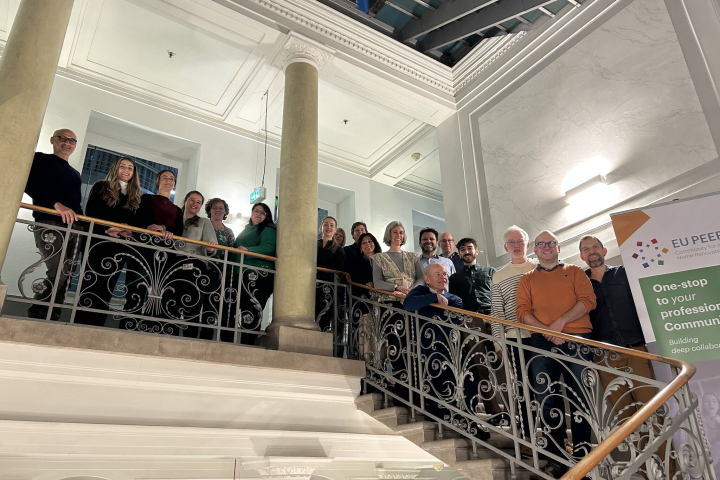We Proposed Measures to Improve the Effectiveness of Residential Energy Efficiency Subsidies
Energiaklub Climate Policy Institute and the Hungarian Energy Efficiency Institute (MEHI) highlight practical problems that hinder the effective use of residential energy efficiency subsidies. Existing programs - such as the Home Renovation Program, Rural OFP, Village CSOK, CSOK Plus -are often confusing, difficult to access for many households, and frequently fail to provide sufficient support to achieve real energy efficiency goals. We have examined the functioning of the support system based on regular consultations and practical experience, in cooperation with dozens of professional stakeholders.
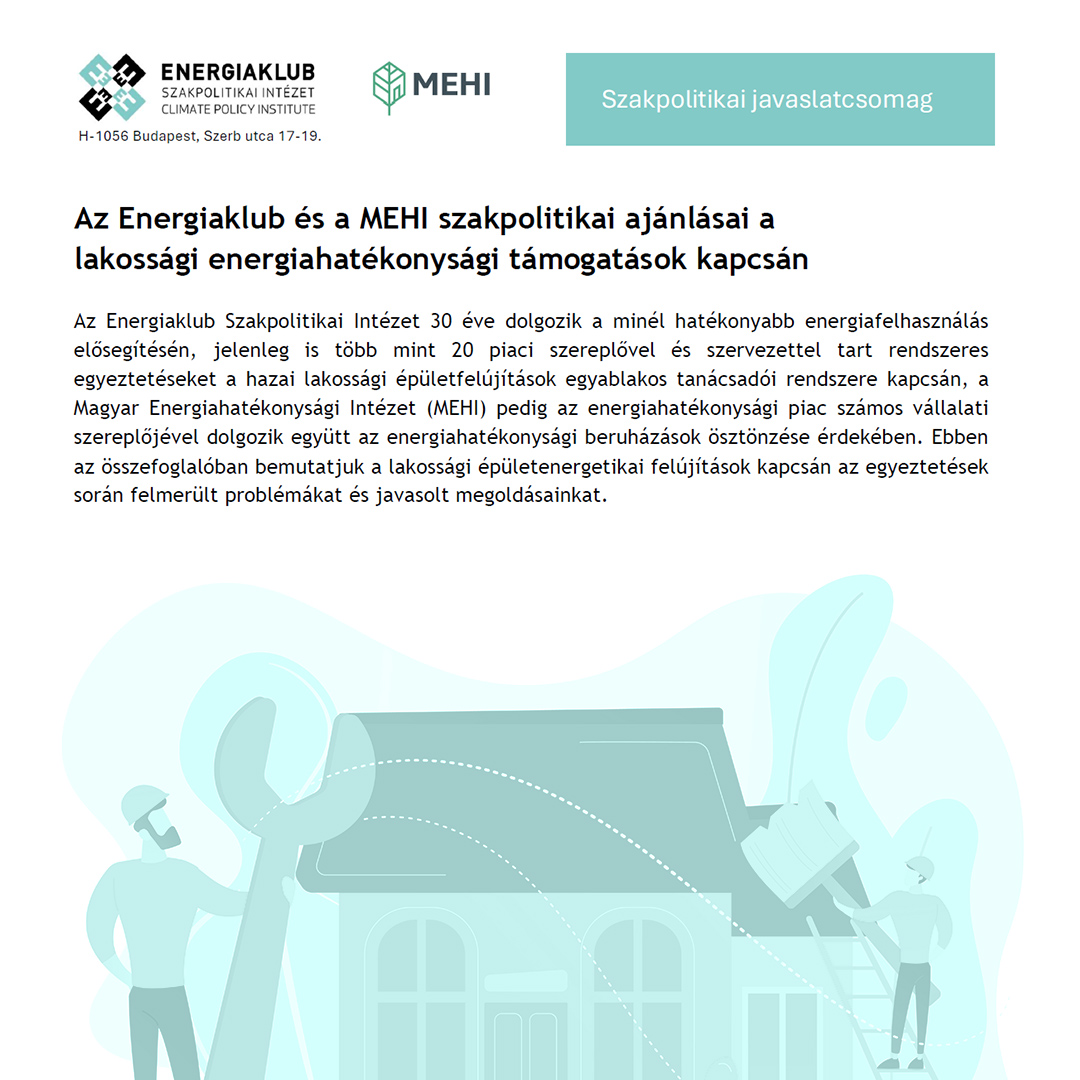
Key Problems:
- Access to subsidies is hindered by a fragmented and non-transparent system, inconsistent communication, and complex and varying banking practices.
- Many applicants are unaware of which program(s) they are eligible for, and interpreting the requirements frequently exceeds their digital skills and administrative capabilities.
- Access is particularly difficult in the rural areas, where submission points can be 40–50 km away,and many affected households never receive relevant information.
- The real value of the subsidy amounts is decreasing, and the preparatory costs are not eligible for reimbursement, leading many to abandon the process before it even begins.
Our Recommendations:
- Targeted background research and case studies should be conducted to map out the eligibility barriers, with special attention to households that fall out of the system but could potentially be supported.
- An accredited nationwide one-stop-shop advisory network should be established to provide not only technical, but also financial and administrative assistance.
- The various support programs and their communication should be coordinated through the creation of a unified online platform.
- Ensure that subsidy applications are accessible locally, particularly in small municipalities.
- Make the preparatory renovation costs - such as project planning, obtaining quotes, and loan processing - eligible for reimbursement, and introduce a tiered support scheme based on the level of renovation undertaken.
- Launch awareness-raising and educational campaigns to increase trust in energy efficiency investments.
We submitted the policy paper to the Ministry of Energy on 17 July 2025. The ministry responded with an official and reserved reply: as stated, the issues identified by Energiaklub and MEHI are also known to them, the mapping of these issues is ongoing, and the development of possible solutions has already begun. We welcome the fact that a dialogue on the matter has begun, and we hope that our proposals will contribute to meaningful improvements in the support system.
Our detailed policy recommendation (in Hungarian) is available here: Az Energiaklub és a MEHI szakpolitikai ajánlásai a lakossági energiahatékonysági támogatások kapcsán (PDF)
